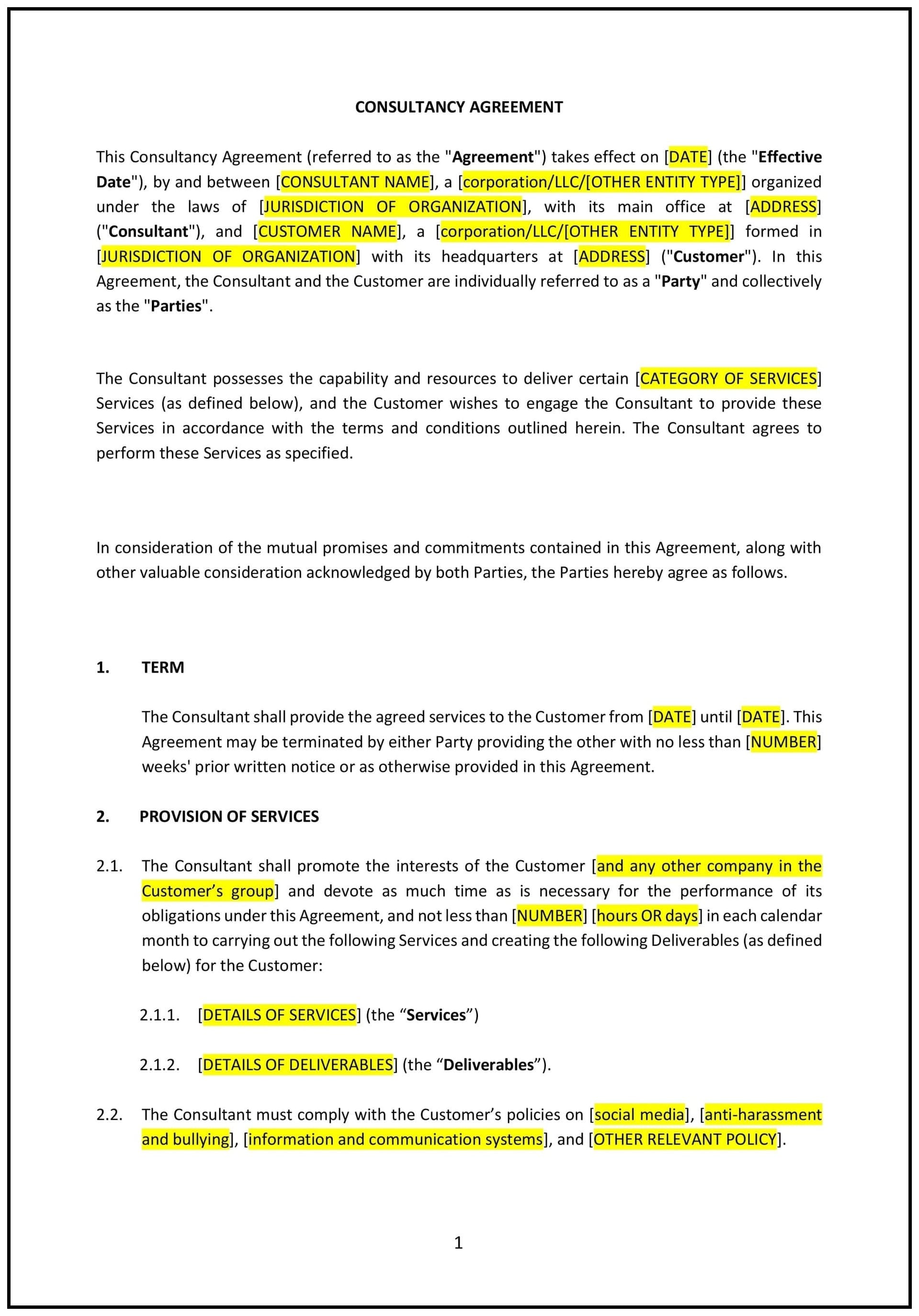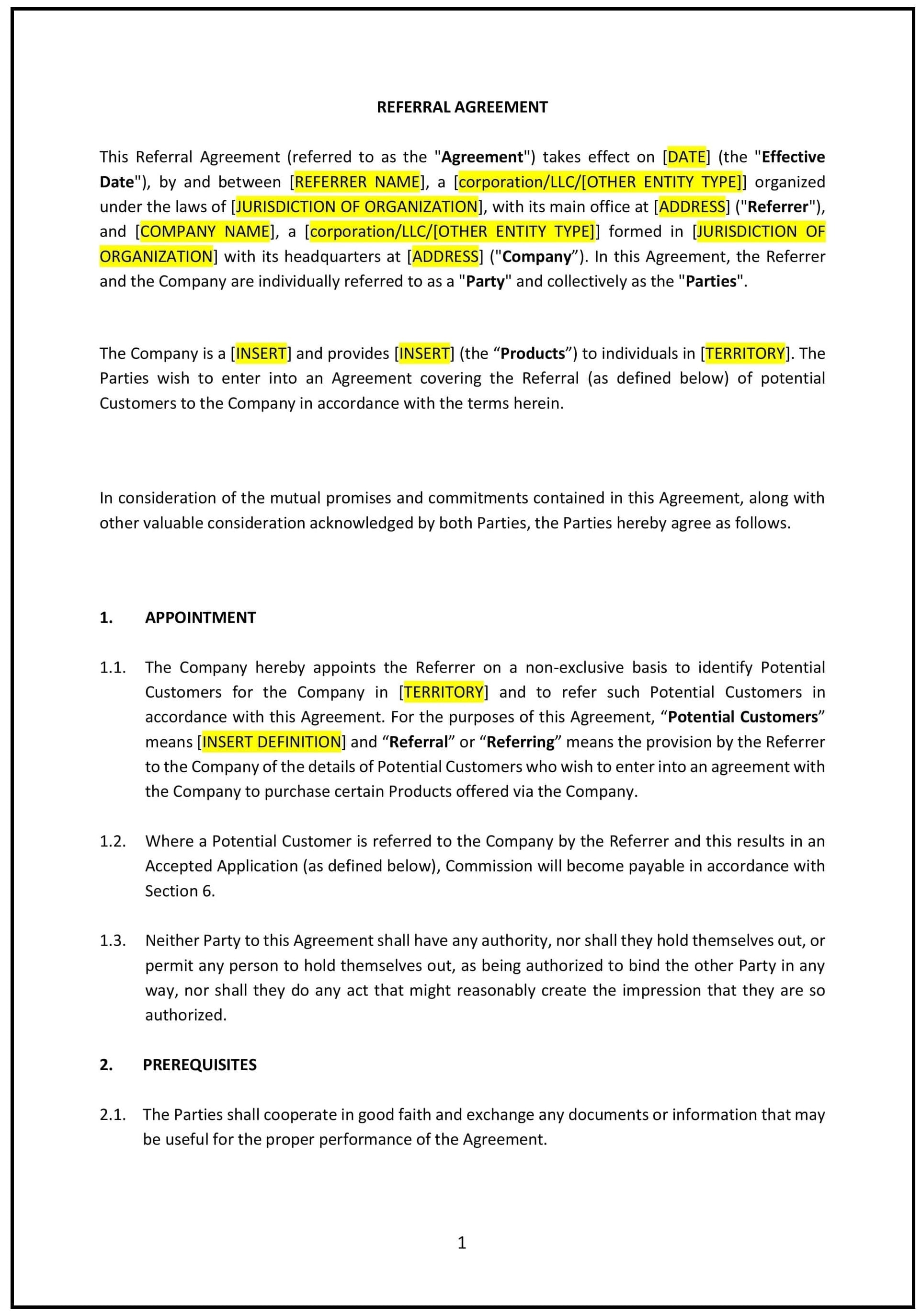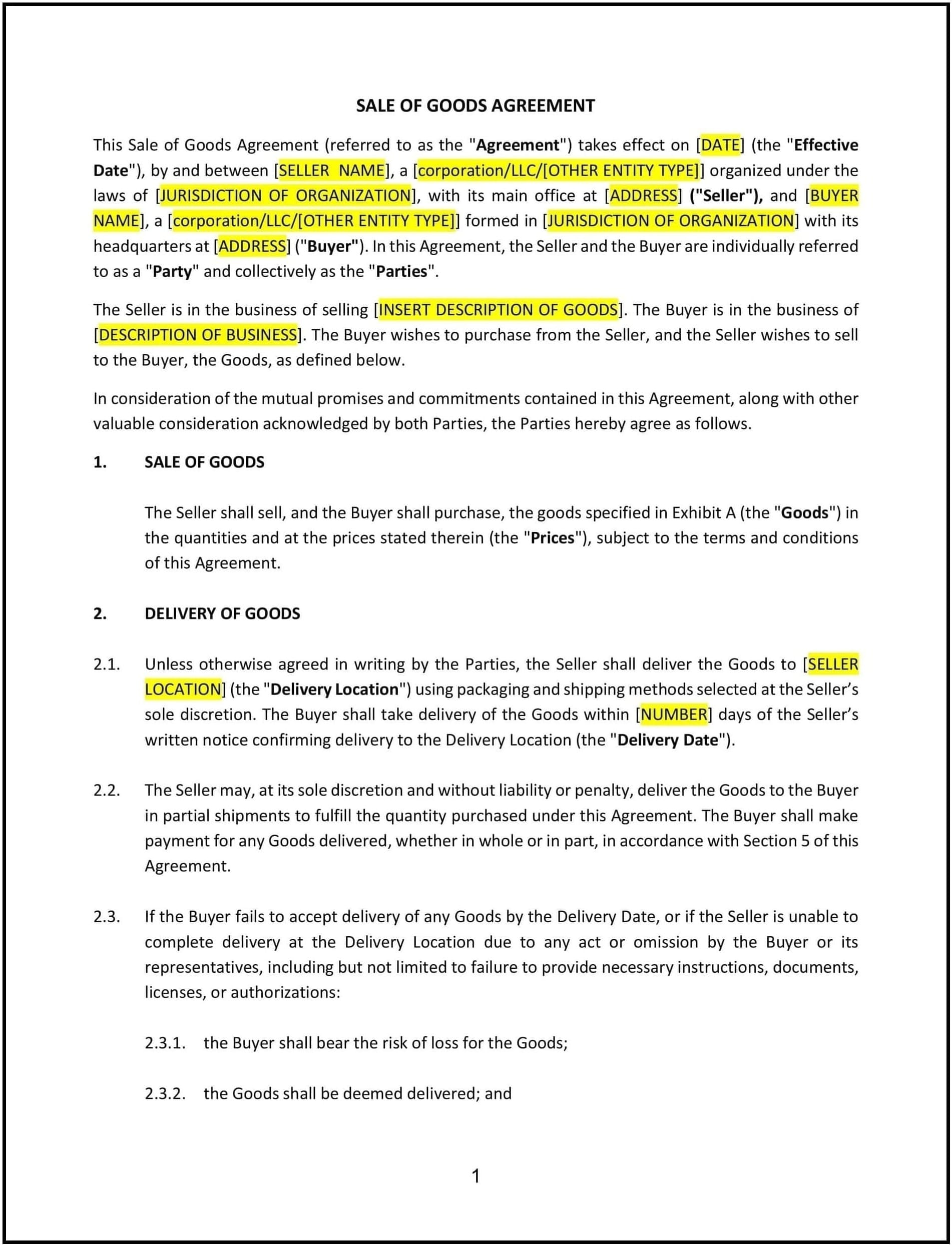Non-Disclosure Agreement (Unilateral) (California): Free template
Non-Disclosure Agreement (Unilateral) (California)
A Non-Disclosure Agreement (Unilateral) in California is a contract that protects confidential information shared by one party with another. Unlike a mutual NDA, this agreement binds only the receiving party to confidentiality obligations, making it commonly used when businesses disclose sensitive information to employees, contractors, or potential investors.
Businesses in California use this agreement to safeguard trade secrets, intellectual property, and proprietary business details. It helps prevent unauthorized disclosures and provides legal recourse if confidential information is misused.
Tips for drafting and maintaining a Non-Disclosure Agreement (Unilateral) in California
- Clearly define what qualifies as confidential information to avoid disputes.
- Set a reasonable duration for confidentiality obligations based on business needs.
- Specify exceptions, such as publicly available information or disclosures required by law.
- Outline consequences for breaches, including legal remedies or financial damages.
- Ensure compliance with California laws, including restrictions on non-disclosure agreements for workplace-related claims under the Silenced No More Act.
Frequently asked questions (FAQs)
Q: What should California businesses include in a Non-Disclosure Agreement (Unilateral)?
A: Businesses should include definitions of confidential information, exclusions, duration, permitted disclosures, and breach consequences.
Q: How does a Non-Disclosure Agreement (Unilateral) protect businesses in California?
A: It ensures that confidential business information remains protected when shared with employees, contractors, or third parties.
Q: How long should a Non-Disclosure Agreement (Unilateral) last in California?
A: The duration varies, but it typically ranges from two to five years, with indefinite protection for trade secrets.
Q: Can a California business enforce a Non-Disclosure Agreement (Unilateral) against former employees?
A: Yes, but California law restricts NDAs from preventing employees from discussing workplace harassment, discrimination, or retaliation claims.
Q: Are Non-Disclosure Agreements (Unilateral) recognized by California courts?
A: Yes, California courts generally enforce NDAs if they are clear, reasonable, and do not conflict with state regulations on worker protections.
This article contains general legal information and does not contain legal advice. Cobrief is not a law firm or a substitute for an attorney or law firm. The law is complex and changes often. For legal advice, please ask a lawyer.


